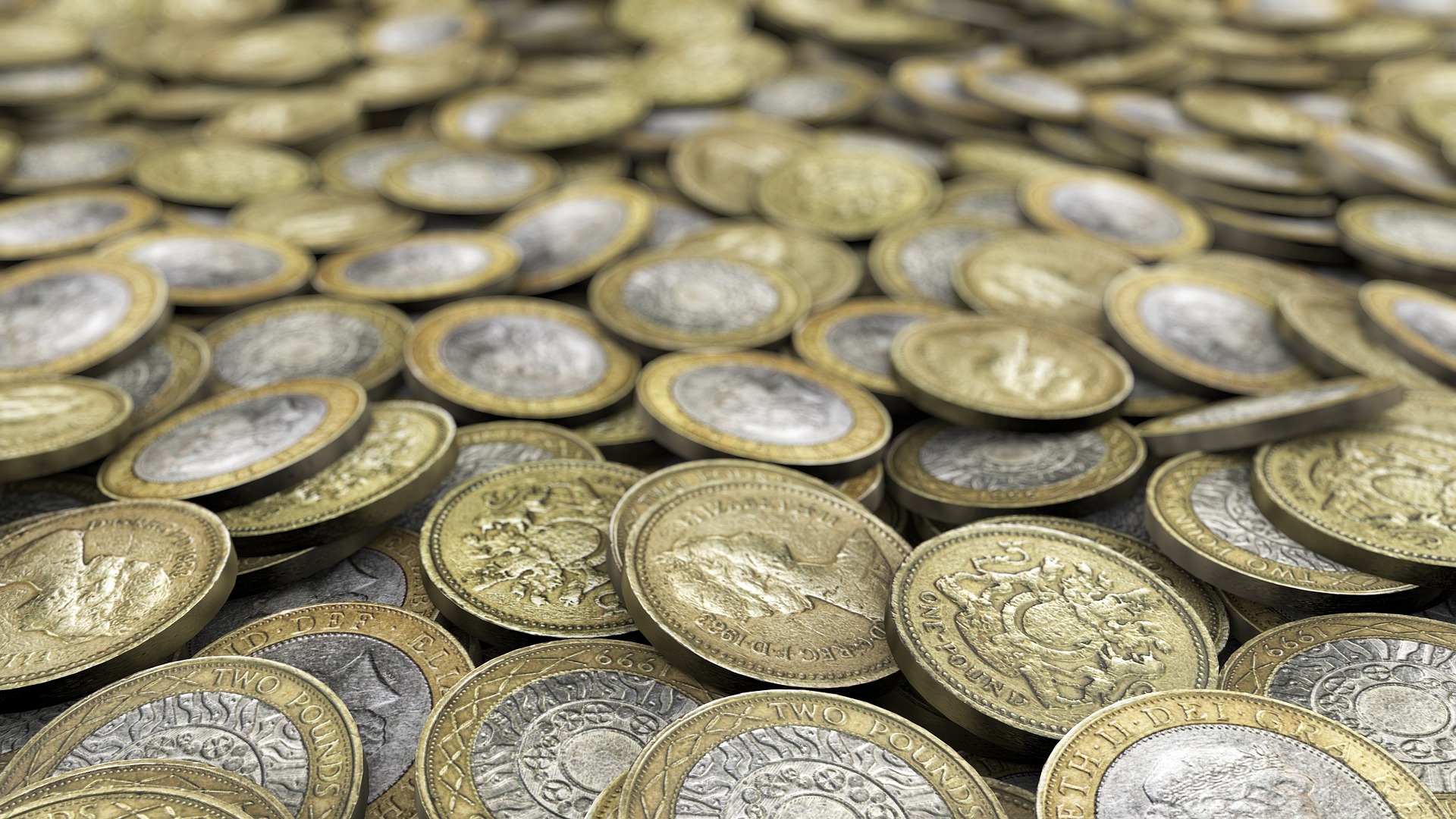
Understanding currency pairs is one of the most important aspects of forex trading. Currency pairs are classified into three types: majors, minors, and exotics.
Exotic currency pairs differ from major currency pairs in that they do not have the same level of liquidity as others on the market. However, some exotic currencies are worth trading because of their unique price action and strategies.
Exotic currencies are also referred to as alternative currencies or third-world currencies. They can provide exciting opportunities in forex trading because they have the potential for higher returns than other currencies, but they also carry risks.
This blog will list all of the exotic currencies available for trading in the foreign exchange market and explain what makes these currencies unique.
What is a currency pair?
A currency pair is a pair of currencies that are traded.
For example, if we wanted to trade GBP/USD, we would pair British Pounds and US Dollars as one unit of trade.
Currency pairs in the forex market are made up of the base currency (also known as the transaction currency), which is the first currency in the pair, and the quote currency or counter currency, which is the second currency in the pair. In the preceding example, GBP is the base currency and USD is the quote currency.
Major currency pairs
Because of their popularity and liquidity, major currency pairs are the most traded in the forex market. Because these currencies have large economies, these pairs may be more liquid than other types of exotic currency pairs that do not share liquidity with major pairings and have the smallest spreads.
There are only seven major currency pairs, despite the fact that there are eight major currencies. A major forex pair is any pair that includes one of the major currencies and the US dollar.
- EUR/USD
- USD/JPY
- GBP/USD
- USD/CHF
- USD/CAD
- AUD/USD
- NZD/USD
Minor currency pairs
Minor currency pairs, also known as ‘crosses,’ are the second most traded in the forex market. Because these currencies have less liquidity than major currency pairs, traders will frequently make more forex trades with minor currencies in order to reduce trading costs.
Minor pairs are major currencies that do not include the US dollar. The Euro, Japanese Yen, and British Pound are the most commonly traded minor currency pairs.
- EUR/GBP
- EUR/JPY
- GBP/JPY
- GBP/CAD
- CHF/JPY
- EUR/AUD
- NZD/JPY
What is an exotic currency pair?
The table below includes some exotic forex pairs available to trade:
- AUD/NOK (Australian Dollar/Norwegian Krone)
- AUD/PLN (Australian Dollar/Polish Zloty)
- AUD/SEK (Australian Dollar/Swedish Krona)
- AUD/SGD (Australian Dollar/Singapore Dollar)
- CAD/SGD (Canadian Dollar/Singapore Dollar)
- CHF/SEK (Swiss Franc/Swedish Krona)
- CHF/SGD (Swiss Franc/Singapore Dollar)
- EUR/CZK (Euro/Czech Republic Koruna)
- EUR/HUF (Euro/Hungarian Forint)
- EUR/NOK (Euro/Norwegian Krone)
- EUR/PLN (Euro/Polish Zloty)
- EUR/RON (Euro/Romanian Leu)
- EUR/RUB (Euro/Russian Ruble)
- EUR/SEK (Euro/Swedish Krona)
- GBP/CZK (British Pound/Czech Republic Koruna)
- GBP/HUF (British Pound/Hungarian Forint)
- GBP/MXN (British Pound/Mexican Peso)
- GBP/NOK (British Pound/Norwegian Krone)
What do you need to know before trading exotic currency pairs?
The majority of emerging market currencies have some characteristics in common. They are highly sensitive to changes in US interest rates and expectations, as well as overall risk appetite (e.g. in a risk-off environment, traders and investors will generally favour the safe haven currencies and move out of emerging market currencies).
Another consideration when trading exotics is that they are much less liquid than majors and have higher volatility.
According to Bank for International Settlements studies from 2016, the USD/EUR pair’s OTC foreign exchange turnover accounted for 23.1 percent of daily forex transactions. To put this in context, one of the more popular exotic currency pairs, USD/RUB, had a daily trading volume of only 1.1 percent.
If you are looking for more information, Do not hesitate to get in touch!
Our experts will answer all of your questions!
Fill out the form below and one of our representatives will contact you shortly.





